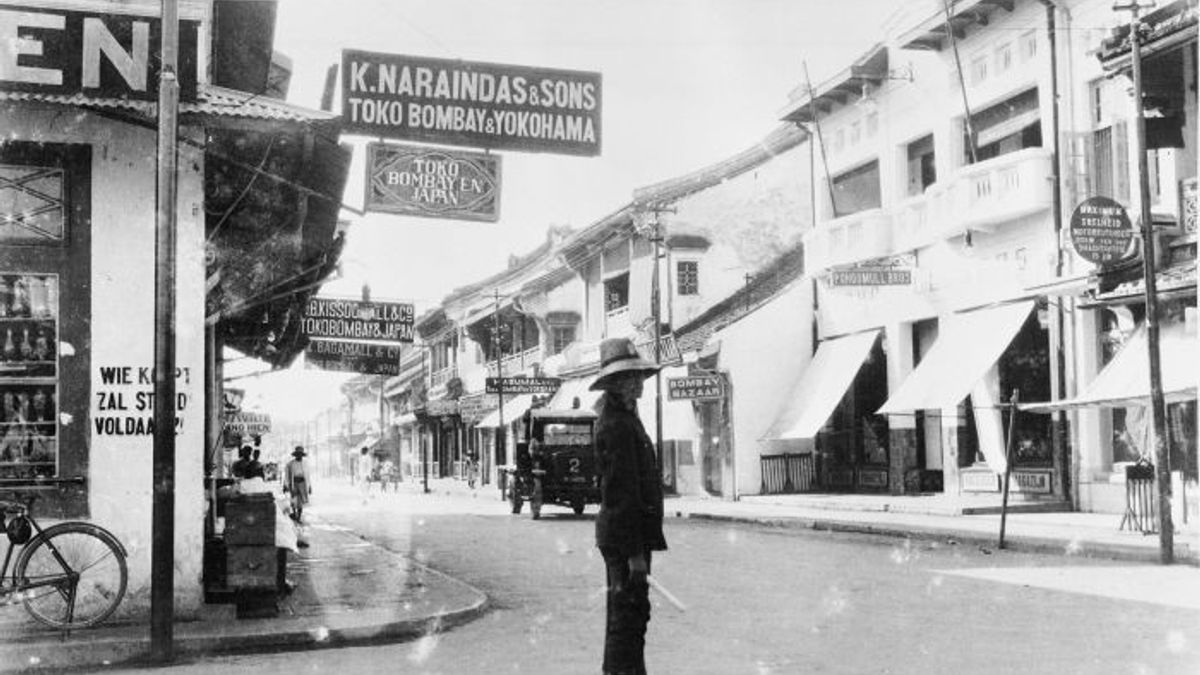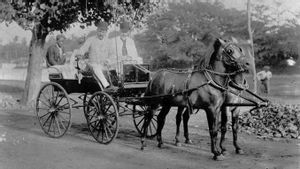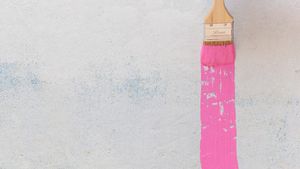JAKARTA - Japan's victory over the Netherlands is not without reason. Japan has been planning efforts to occupy the Dutch East Indies for a long time. The decline in intelligence agents is behind it. The power of attorney deliberately spread his intelligence to mingle with the people.
The profession of traders is the main option of hiding. Everyone to find out the hatred of bumiputra to the invaders. This strategy is reinforced by the propaganda of the cough drug Djintan. A cough drug that is considered to contain provocative acronyms: Djepang Djendang Djepang Later Please State Children.
Japanese intention to control the Dutch East Indies has emerged for a long time. In fact, since the 1920s. This desire was proven by Japan's incessant spread of its intelligence forces disguised themselves and mingled with residents of the Dutch East Indies.
Most Japanese intelligence forces also disguise themselves as traders. Japan considers that the information on the hatred of the bumiputras will be absorbed through the trade profession. Trade shops from Japan are mushrooming. They disguised themselves with totality. Because only high-quality goods are sold at low prices.
The strategy brings results. Goods from Japan are being hunted. The results are satisfactory. Traders who are notabene intelligence can freely gather information. Moreover, the relationship between traders is sometimes quite close. Many Bumiputras are sympathetic to Japanese traders. Vice versa.
Not a few freedom fighters know the spirit of proliferation of Japanese traders. The reason is not only economic matters, but in preparation for the military movement. Mohammad Husni Thamrin even kissed the intention first. For him, the Japanese spirit was quite striking. Meanwhile, the Dutch underestimated it.
In his first speech, he expressed the blessings of low-cost Japanese imported goods for the population. According to him, peaceful economic penetration is like a victory procession. In just a few years, not only because of the cheap price because Japanese figures usually deal with Indonesian buyers does not show racial arrogance at all.
Furthermore, it was stated that the choice of indigenous peoples in Japanese goods was formed because they did not hinder any interest of the Bumiputra population in the state of the national industry from providing it. The most lagging population artificially felt their choice of making considerations for the overall supremacy of the European trade economy, "said Bob Hering in the book Mohammad Hoesni Thamrin (2003).
The products sold by Japanese shops are diverse. From daily necessities to electronics. However, one of the most attached goods in the head of the native people. The item is in the form of cough medicine. Djintan cough medicine," he said.
Djintan cough medicine is often available in Japanese shops. Moreover, the cough medicine is sold using provocative image etiquette, which is a picture of a Japanese general associated with the word Djintan. The images and names of Djintan tub have been conceptualized in such a way as a Japanese progganda tool.
Even the word Djintan was then interpreted by the bumiputras as Djendral Djepang. Later, the State Children will be helped. There are also those who interpret it as Djepang Djendral. Later, they will greet Nederland's son. Both have the same meaning. Japan is considered a savior who breaks the chain of Dutch colonialism.
The issue of Djintan as a Japanese progganda tool is getting heavier. All because traders who own shops carry out promotions that are increasingly massive by the Japanese government. They printed many posters of Djintan cough drugs in every corner of the city or village.
Djintan's cough medicine echo is getting more and more famous because the posters are present in trucks that travel to villages. The goal is for the natives to side with Japan. The strategy proved to be effective. Especially when Japan openly sounded war against the Dutch in the archipelago.
Traders who only guarded the shop actually started wearing Japanese military uniforms with the rank of soldiers. Their presence was enthusiastically welcomed by the bumiputras. They were hailed as freeers. Then, Nusantara was completely controlled by Japan in 1942.
One day Naniwa and Suzuki stores in Purwokerto propagate cough medicine named Djintan. A large poster spread with a Japanese general with a mapplang' mustache across from a sun image background with a large red strip, under which it reads DJINTAN with big letters.
The giant poster was paraded by using trucks to explore villages while distributing leaflets and distributing Djintan cough medicine to residents. Of course, this incident caused an uproar in the villages that the propaganda was going through," explained Saifuddin Zuhri who later became Minister of Religion of Indonesia 1962 (1967 in the book Departing from Islamic Boarding School (2013).
The English, Chinese, Japanese, Arabic, and French versions are automatically generated by the AI. So there may still be inaccuracies in translating, please always see Indonesian as our main language. (system supported by DigitalSiber.id)









